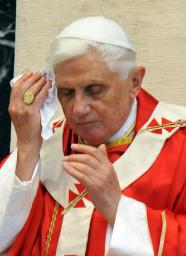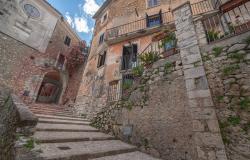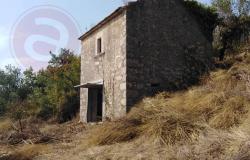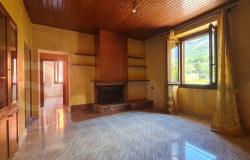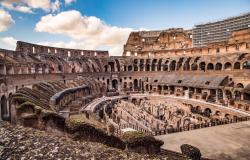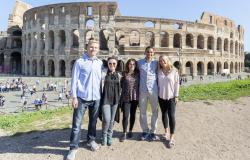Leading Muslim scholars arrived in Rome on Monday ahead of groundbreaking talks with top Catholic officials.
Nearly 60 delegates will gather in the Vatican on Tuesday morning for two days of meetings aimed at forging closer ties between the two faiths.
On Thursday, the two delegations will discuss their ideas during an audience with Pope Benedict XVI and a final declaration will be released in the afternoon.
Led respectively by the Grand Mufti of Bosnia-Herzegovina, Mustafa Ceric, and the head of the Pontifical Council for Interreligious Dialogue, Cardinal Jean-Louis Tauran, the delegations will discuss ways to improve relations between the world's two largest religions.
The meeting is the fruit of an interfaith initiative by a broad coalition of influential Muslim clerics and scholars, the Common Word group.
Set up to bridge the growing gap between Islam and Christianity, in October 2007 the group sent an open letter to Pope Benedict, the Archbishop of Canterbury Rowan Williams and 25 other Christian leaders calling for interfaith collaboration.
Originally signed by 138 figures, the number of high-profile Sunni and Shiite Muslims adhering to the letter's principles has since doubled and includes the religious heads of 43 countries, among which Saudi Arabia and Iran.
The Vatican meeting comes just two weeks after a similar round of talks in the UK with the Archbishop of Canterbury.
A precise agenda for the Vatican event has not been published although each side is expected to raise a range of initiatives aimed at promoting peace and mutual understanding.
Cardinal Tauran emphasized the importance of discussing religious freedom.
''If Muslims have places of worship in Europe then it is normal that the reverse should be true in societies where Muslims are the majority,'' he said in an interview with French Catholic daily La Croix.
However, he said reciprocity was not a precondition for the talks, which he said offered ''real glimmers of hope''.
The discussions had to look at ways to convert such dialogue with the elite into a connection with the masses, he added.
The Secretary of the Vatican's Pontifical Council for Religious Dialogue, Pier Luigi Celata, said the talks should try to identify the real reason for continuing tension between Christianity and Islam.
''It would be interesting to see whether these tensions are shaped by social, economic, ideological, political and exploitative factors on both sides, rather than by actual religious differences,'' he said.
Pope Benedict has made inter-religious dialogue a priority of his papacy and has worked hard to mend relations with Islam since he upset Muslims around the world with his comments on the prophet Mohammed in 2005.
The pontiff sparked anger after citing a medieval emperor who said Islam was a 'violent' religion at a lecture in Regensburg, Germany.
In an effort to demonstrate his commitment to fostering goodwill among religions he re-established the Council for Inter-Religious Dialogue in 2007 after having merged it with the Council for Culture at the start of his pontificate.
